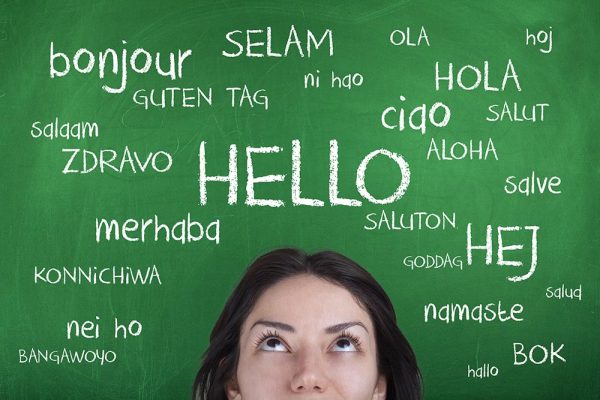Closed captioning is a legal requirement for broadcast television programming. Ofcom regulates the provision of broadcast closed captioning across the UK in order to ensure accessibility for all audiences. This is great news for deaf and hard of hearing viewers sitting in their living rooms, but what about TV closed captioning for public televisions?
Nowadays, public television screens frequently use closed captioning services. These can include gyms, bars, restaurants, offices and digital advertising boards. In the USA, some states have introduced legal requirements for all public TVs to display closed captions (SDH)? So why don’t we have any such requirements and what would be the pros and cons…?
Where do we see Public TV Closed Captioning and What’s Good About it?
Even for hearing people, it can be difficult to hear in noisy public environments with echoes, over speaking and the general hustle and bustle of work going on. Closed captioning on public television sets means that not only can the deaf and hard of hearing enjoy programming, but hearing viewers can too!
We all typically think of bars and pubs when we imagine public televisions with closed captioning, but increasingly, televisions are being introduced in other areas. These can include TVs in office waiting areas and breakout rooms, GP and hospital waiting rooms. Dentists can even sometimes use overhead TVs with captions in their operating chairs!
The issue for many around public closed captioning is it effectively means viewers are unable to turn the captions off. So what are the downsides of that?
Downsides to Public TV Closed Captioning
At Capital Captions, we are always pro subtitling and believe all TV, online, VoD and web video should be captioned. However, we’ve wracked our brains to think of some downsides to closed captioning on public televisions:
- Reading takes more focus than listening and therefore, it’s harder to multitask whilst reading the subtitles. This means when you’re pretending to listen to your wife but secretly watching the pub football, it may be harder to convincingly fake an interest in what she’s saying,
- The automated live subtitles used for broadcast news feeds on public televisions are pretty notorious for having significant mistakes. Mostly, these are frustrating, but they can on occasion be quite amusing. Crappy subtitle induced fits of laughter can be pretty embarrassing, especially if you’re all alone in a quiet waiting area. Read public TV captioning at your own peril!
- Closed captioning of sports events can be annoying, even for deaf and hard of hearing viewers. Poorly placed captions can cause frustration, obscuring scores, player rankings and textual updates along the bottom of the screen. Add bad subtitle placement to your local team losing the FA cup and you may have some seriously mad punters on your hands!
- Over-reliance on closed captioning can ironically mean that some establishments turn off sound entirely in favour of captions. Whilst this is fine for many viewers, it can mean accessibility issues for others. Ironically, accessibility is the reason closed captioning is regulated in the first place! Muted TVs can exclude children, the visually impaired, illiterate viewers, or foreign speakers who may require subtitle translations.
If you’d like more information or are interested in TV closed captioning services then why not contact us for your free quote today. Alternatively, you could take a look at our closed caption offerings if you’d like to know more about our services.











Comments are closed.